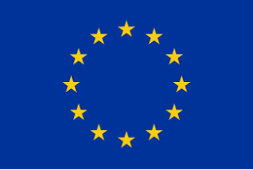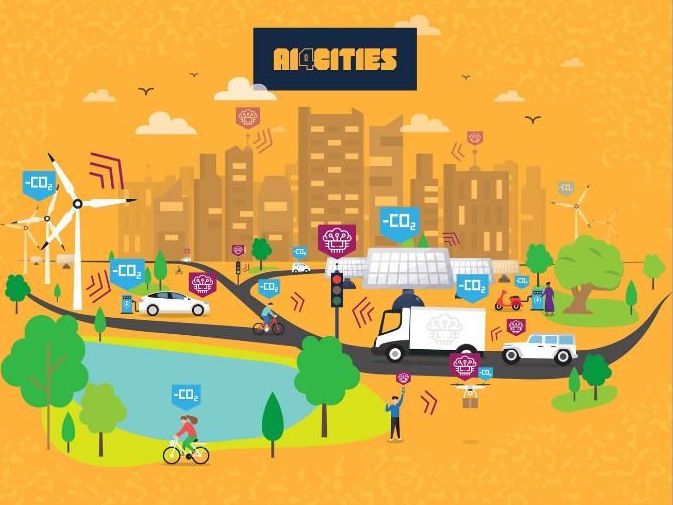Most major cities today are facing complex challenges related to sustainability and the environment. In the newly introduced and EU-funded project AI4Cities, 6 leading European cities have come together to search for new solutions to these challenges, based on artificial intelligence. The six participating cities, called "The Buyers Group", are Helsinki, Amsterdam, Copenhagen, the Paris region, Tallinn and Stavanger. The focus areas selected for the project are mobility and energy, which is currently responsible for 58% and 24% of greenhouse gas emissions in European cities, respectively. The goal of the project is to reduce emissions and help reach the cities' ambitious climate goals.
Reuse reduces energy consumption
In Europe, the construction industry is considered one of the key industries where there is enormous potential to reduce energy consumption and greenhouse gas emissions. In Europe alone, 800 million tonnes of construction waste is generated. In addition, 10 million tonnes of furniture and interiors are thrown away, of which just under 10% is recycled. In 2020, the EU introduced new legislation which requires that 70% of all non-hazardous construction and demolition waste must be reused and recycled. This demands new and innovative solutions to drive the industry into the circular economy.
A number of building materials are very energy-intensive to produce, with an energy supply that is largely based on coal and gas. The climate footprint of a material is related to the extraction of the material resource, production required to manufacture the product, waste management at the end of its life cycle, and transport between producers, users and final recipients. By introducing circular business models and a stronger focus on reuse, we can limit consumption by reducing the demand for new material resources and limit the extraction of non-renewable resources. Both energy and material resources are wasted when products are discarded long before they have reached their intended life cycle. Loopfront's digital circular infrastructure was chosen because it removes barriers to circular activities by systematizing circular building and operation activities. Through surveying materials and re-use assessments, Loopfront's digital platform extends the life cycle of materials.
Artificial intelligence encourage reuse
In December 2020, AI4Cities launched its request for tenders, with a deadline of three-months. On May 4, 2021, it was announced which applicants had gone through to phase 1 - Solution Design. Loopfront was among the 41 lucky companies that were selected, out of a total of 98 applicants. In the project, Loopfront will improve the internal surveying scheme in the platform by replacing the registration mechanisms with more automatic alternatives. Artificial intelligence and machine learning will help to recognize images of materials, as well as automatically fill in material data. Digitization and artificial intelligence will reduce the need for production and transport of new materials. Reuse contributes to lower greenhouse gas emissions through lower energy consumption in relation to consumption.
“We are humbled and proud to have the opportunity to work with some of Europes biggest cities in the transition to a circular economy. We will do everything we can to make sure that the digital solution we co-create becomes available to all European cities, small and big! It is wonderful to see that European cities are taking reuse and the circular economy seriously! ” - Project coordinator, Tobias Bjerkomp, Loopfront
Do you want to get started with planning for reuse?

This is part of the AI4Cities project that has received
funding from the European Union’s Horizon 2020
Research and Innovation Programme
under grant agreement No 871914.




